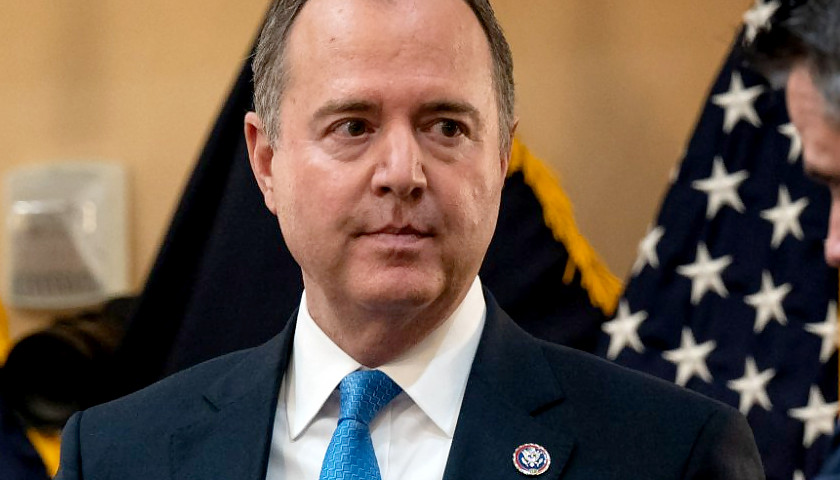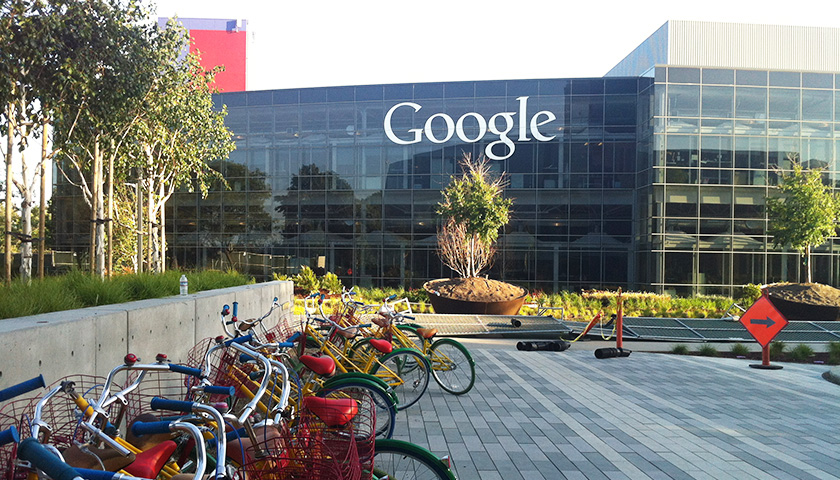The Senate shot down a bipartisan bill Wednesday aimed at stripping legal liability protections for artificial intelligence (AI) technology.
Republican Missouri Sen. Josh Hawley and Democratic Connecticut Sen. Richard Blumenthal first introduced their No Section 230 Immunity for AI Act in June and Hawley put it up for an unanimous consent vote on Wednesday. The bill would have eliminated Section 230 protections that currently grant tech platforms immunity from liability for the text and visual content their AI produces, enabling Americans to file lawsuits against them.
Read More



